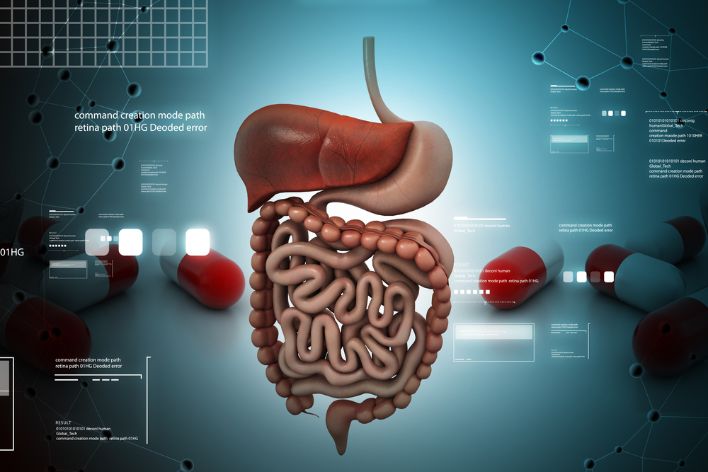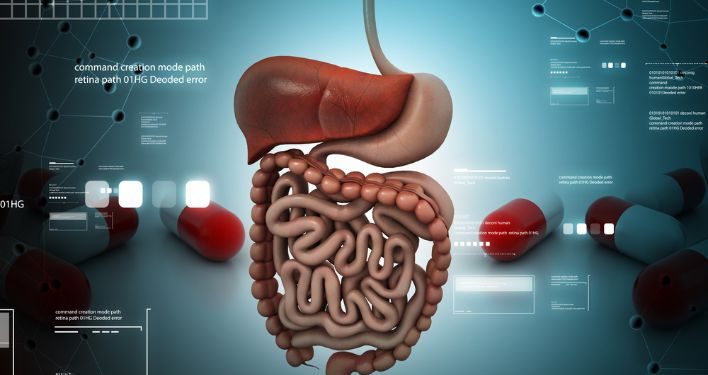Gastrointestinal (GI) bleeding symptoms are often non-specific and can be caused by a number of conditions. They vary in severity from minor to serious and need to be diagnosed at the earliest possible. In the worst cases, GI bleeding can be life threatening. If you experience any of these symptoms, call 911 or go to your local emergency center right away. You can also ask your doctor for an appointment.
Your doctor will examine you for signs of gastrointestinal bleeding. This includes asking about your medical history and how consistent your stool is. He or she may also use a stool for blood test to detect the extent of the bleed. A GI specialist will treat the bleed accordingly.
There are a number of causes of GI bleeds, including esophageal and rectal inflammation. Symptoms can include vomiting blood or black material, a change in consciousness, pale skin, and difficulty breathing. These symptoms are often associated with anemia. Some patients with GI bleeds require extra fluids, such as blood transfusions.
Other GI bleed symptoms can include abdominal pain, indigestion, nausea, and vomiting. In severe cases, GI bleeds can lead to a hemorrhagic stretch, which can cause death.
Bleeding in the esophagus, rectal region, or stomach can be a sign of inflammation, ulcers, or a peptic ulcer. Medications can be used to stop the bleed, but these are only effective when used as directed. The GI specialist will also assess the underlying condition and prescribe medications or treatments for it. Depending on the type of bleed, your healthcare provider may recommend an endoscope or laparoscopy.

In the case of a peptic ulcer, treatment is typically based on diet, lifestyle changes, and medications. In addition, antibiotics and other medications can be used to fight infection. If the esophagus or stomach lining is torn, your healthcare provider may use heat probes to stop the bleeding.
Upper and lower GI bleeds can be very dangerous. The esophagus and stomach can become inflamed and bleed, especially when the patient is coughing, laughing, or lifting heavy objects.
Upper GI bleeds are more serious than lower GI bleeds. It can be a sign of a peptic ulcer, cancer, or a GI tumor. Occasionally, people suffering from upper GI bleeds also experience a tarry stool.
Lower GI bleeds are often caused by a GI tumor or inflammation. These conditions may require surgical intervention to treat.
Chronic GI bleeds are more difficult to treat and last for a long time. Treatment for chronic GI bleeds involves ongoing monitoring and management of the disease. For example, you may need to make diet and exercise changes to avoid recurrences.
Gastrointestinal bleeding is not a common occurrence, but it is an incredibly serious medical condition. A patient’s GI specialist will carefully evaluate the source of the bleed, and will treat it as necessary. Many cases of GI bleed are not dangerous, and the condition may resolve on its own. However, in the worst situations, the patient will need to undergo an endoscope or laparoscopy to pinpoint the bleed’s origin.









